Could doing a master’s in political science be the right choice for you? Here is a guide with everything you need to know to embark on this journey.
First, what is political science? This field studies the political systems, institutions, and behavior related to them. Politologues analyze the political activity and the government. The central phenomenon studied is power and how people, institutions, and systems control and justify it. This field work on international organizations, political behavior, and public policies. Students examine factors such as stability, justice, material wealth, peace, and public health to evaluate policies.
Studying political science offers insights into international affairs, diplomacy, and global governance, which has helped many of its alumni develop skills necessary for their jobs.
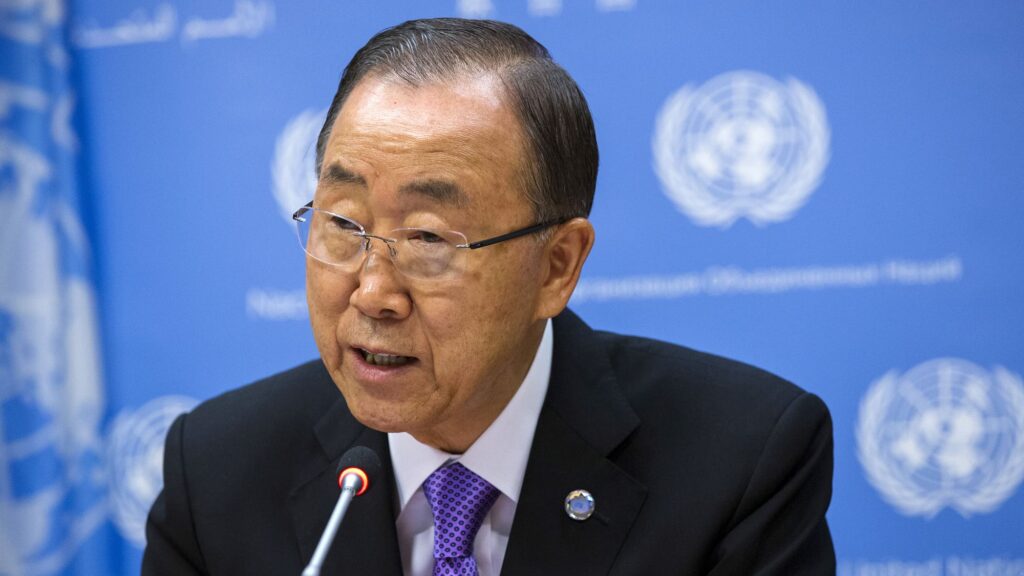
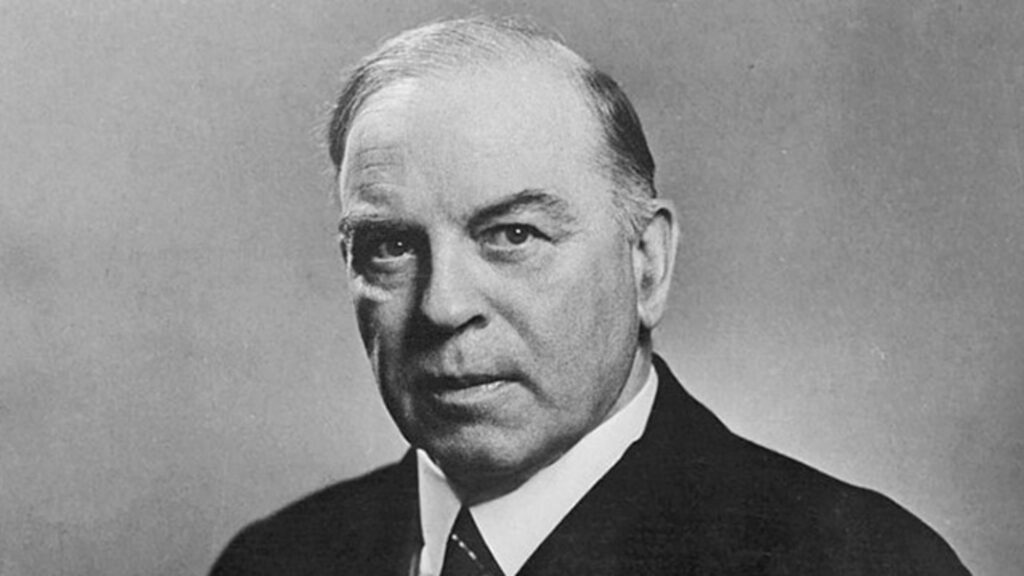
Ban Ki-moon is a former UN Secretary-General and political science master’s alumni. He graduated from the Seoul National University in South Korea. He also has a Master’s in Public Administration from Havard University (John F. Kennedy School of Government). After being appointed to various diplomatic posts and as South Korea’s foreign minister, he became the United Nations’ Secretary-General from 2007 until 2016.
Dr. William Lyon Mackenzie King was the Canadian prime minister during the Great Depression and the Second World War. He obtained his master’s in political economy from Havard University. He was elected prime minister for three non-consecutive terms from 1921 to 1926, 1926 to 1930, and 1935 to 1948.
What Are The Best Master's in Political Science?
Content
Choosing Your Master’s in Political Science
9 Best Universities
Job Perspectives
Choosing Your Master's in Political Science
When selecting a program, you should look at the university’s prestige but do not limit yourself to this criteria. You must examine the program’s curriculum, faculty, research opportunities, and location.
Your choice of specialization is crucial since it is the center of your master’s study. You can choose between five general specializations for your master’s:
Comparative Politics is the study of political life in countries and the search for comparing aspects of it with other countries’ political lives. You can compare the bureaucratie, the different types of democracy and liberalism, and many more.
Political Theory studies the political norms and values, and pushes students to reimagine concepts like institutions. By analyzing political science’s foundation and its origin and development, researchers question power, justice, nature, property, and social conflict.
International Relations is interested in the globalized world and how our everyday lives are increasingly affected by economic, social, and political events outside our country’s borders.
Public Policy and Administration study the government. It is handy for students planning a career in politics or public service.
With Regional Politics, you can study a particular country, continent, or organization (like the European Union) for your master’s. This field studies the people, ideas, institutions, laws, and policies shaping this region.
9 Best Universities
This ranking considers the QS and Times Higher Education rankings. These are the most widely read university rankings in the world.
The QS ranking is the world’s leading provider of services, analytics, and global higher education sector insight. It features 1,500 institutions across 104 locations and measures the employability, international research network, and sustainability of the degree of each university.
The Times Higher Education World University Ranking is updated every year. It is based on a vigorous methodology that evaluates an institution’s teaching, research, knowledge transfer, and international outlook level. They look into research publications and scholars’ opinions globally to form an extensive list of the best universities. They have collected information on more than 1,799 universities from 104 countries.
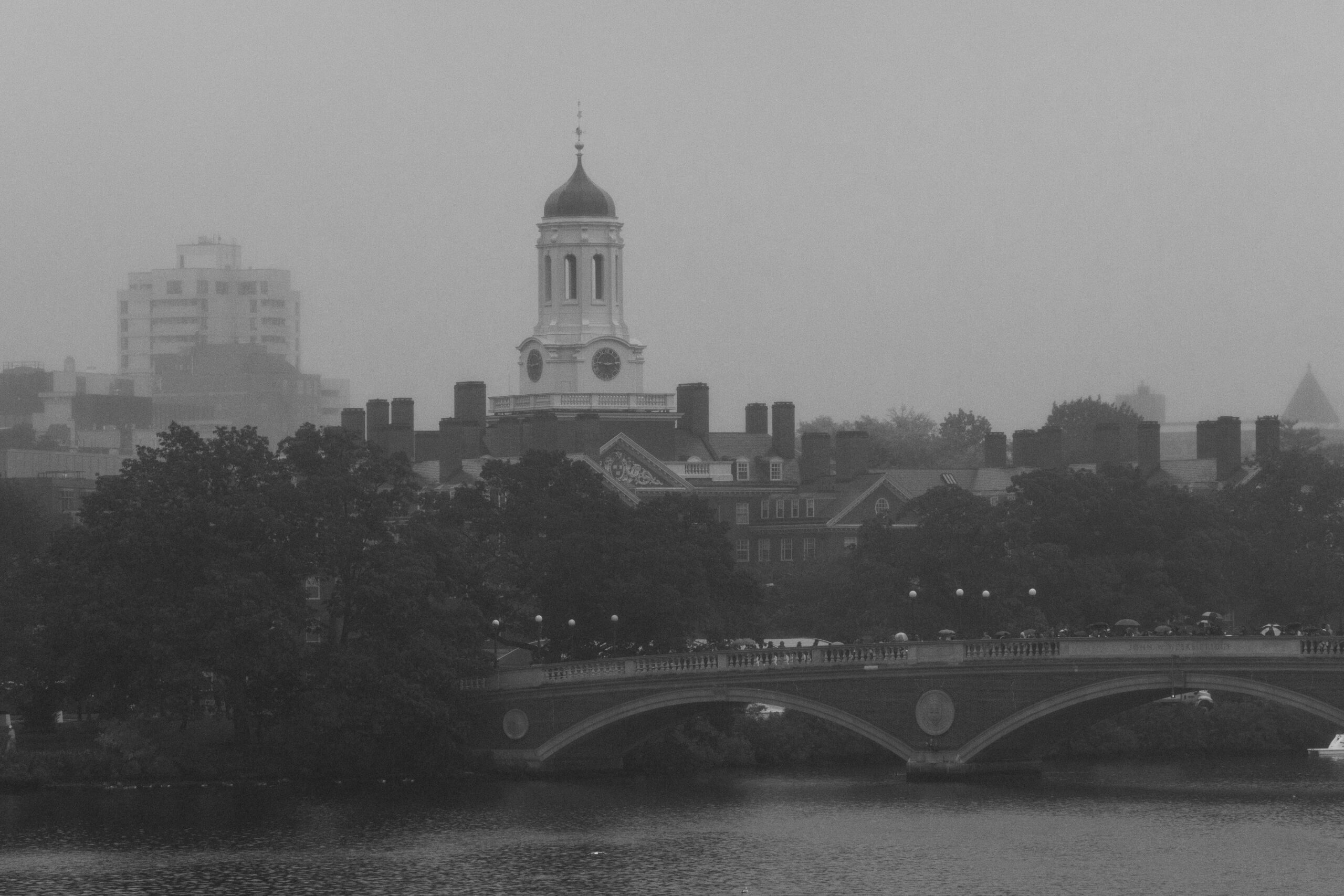
1. Harvard
According to THE, Harvard is the best US Ivy League, ranking second-best university globally. Oxford has ranked first in the last seven years for the overall school rankings and is leading the way in research. As for Harvard, it ranks first in the teaching section. However, in the political science department, Harvard beats Oxford. It is, therefore, the most prestigious Ivy League, and this will come with no surprise.
Harvard is located in Cambridge (Massachusetts) and is the oldest University in the USA. It has taught eight U.S. presidents; some of its most well-known alumni are John F. Kennedy, Bill Gates, Mark Zuckerberg, and Barack Obama. Harvard is known for its degrees in law and business, amongst other things. They have around 21,600 students each year (undergraduate and graduate students). The ratio between men and women is precisely 50:50, and Harvard received 25% of international students last year.
You should look into their Department of International Relations and Government.
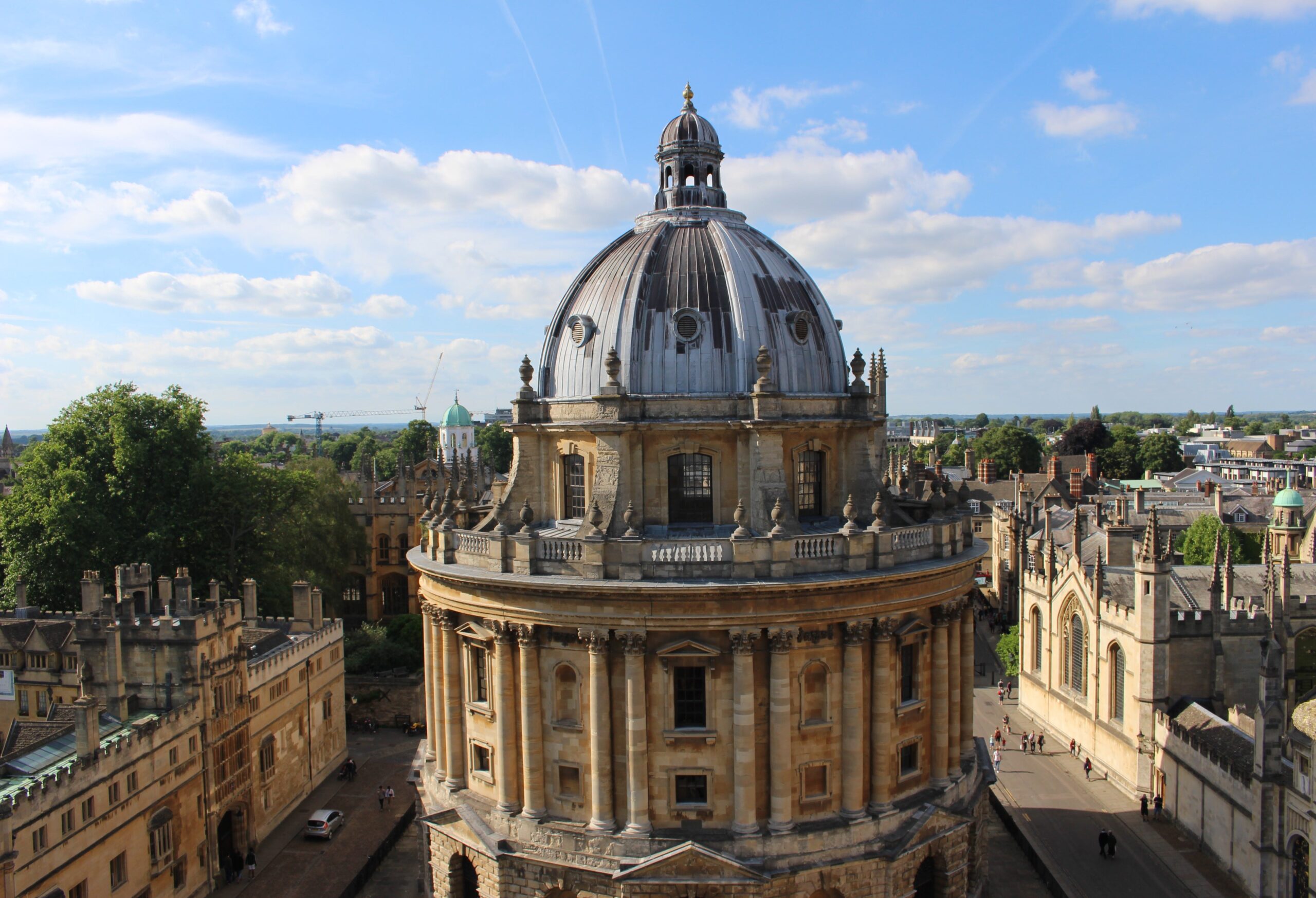
2. Oxford
The University of Oxford is the oldest university in the English-speaking world. It is so ancient that its founding date is unknown – though it is thought that teaching took place there as early as the 11th century. It’s located in and around the medieval city center of Oxford.
There are 22,000 students at Oxford; around half are undergraduates, while 40 percent are international students. Oxford has an alumni network including Bill Clinton, Aung San Suu Kyi, Indira Ghandi, and 26 UK Prime Ministers.
Their graduate political science degrees are in Comparative Government, Political Theory, European Politics and Society, and more.
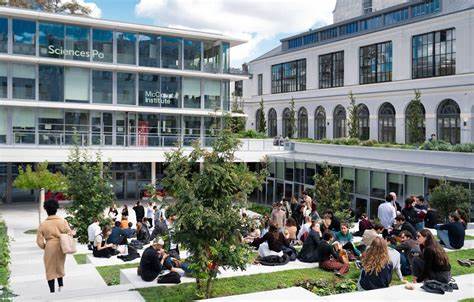
3. SciencePo
Founded in 1872, Sciences Po is France’s leading university in the social sciences. Sciences Po teaches 15,000 students, half of whom are international students from 150 countries.
It has seven schools that offer a wide variety of master’s programs that take place over two years. They also provide international dual degrees, in which students spend one year at Sciences Po and one year abroad at the partner university. Sciences Po has an array of financial aid for students of all origins, and 35% of the student body benefits from financial assistance.
Their Political Science schools are the School of Management & Impact, School of International Affairs (PSIA), School of Public Affairs, Law School, Urban School, School of Research, and School of Journalism.
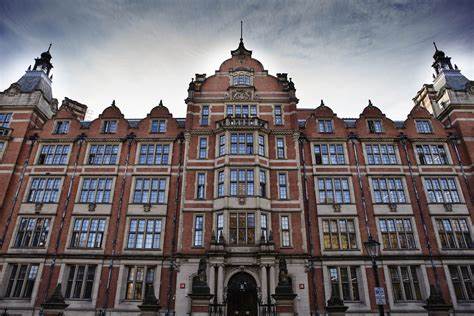
4. LSE
The London School of Economics and Political Science (LSE) offers over 40 undergraduate and over 140 taught and research postgraduate programs. LSE’s academic profile spans various social science disciplines, from accounting to law, management to social policy.
The student community has students from over 140 countries registered each year. Their Department includes the School of Public Policy, the European Institute, the Department of Social Policy, and the Department of International Relations.
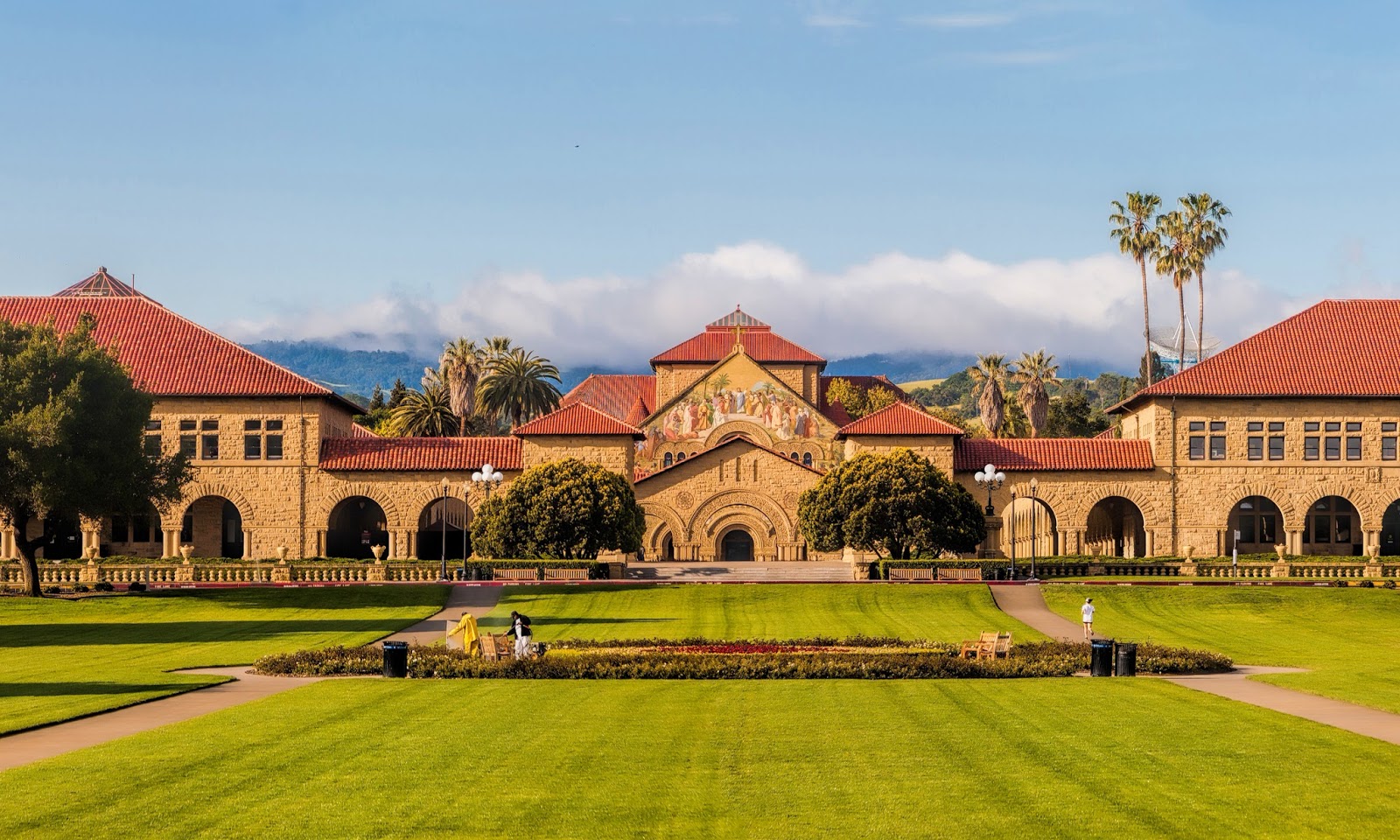
5. Stanford
Stanford University has more than 7,000 undergraduate and 9,000 graduate students annually. It counts 20 Nobel laureates within its community and is regularly ranked among the top three universities in the world.
The university is located in the San Francisco Bay Area and first welcomed students in 1891. Stanford has 18 interdisciplinary research institutes and seven schools: the Graduate School of Business; School of Earth, Energy & Environmental Sciences; Graduate School of Education; School of Engineering; School of Humanities and Sciences; Law School; and School of Medicine.

6. Cambridge
The University of Cambridge is one of the oldest universities in the world and one of the largest in the United Kingdom. It is known for its beautiful campus. It competes with Oxford as the most prestigious British university. Even if Oxford wins the competition in Political Science, in other fields, Cambridge is in advance. According to THE, Cambridge is the 3rd best University in Arts and Humanities, after Stanford and MIT.
There are 31 colleges in Cambridge, with two admitting only graduates (Clare Hall and Darwin). Look at their Department in Public Policy.
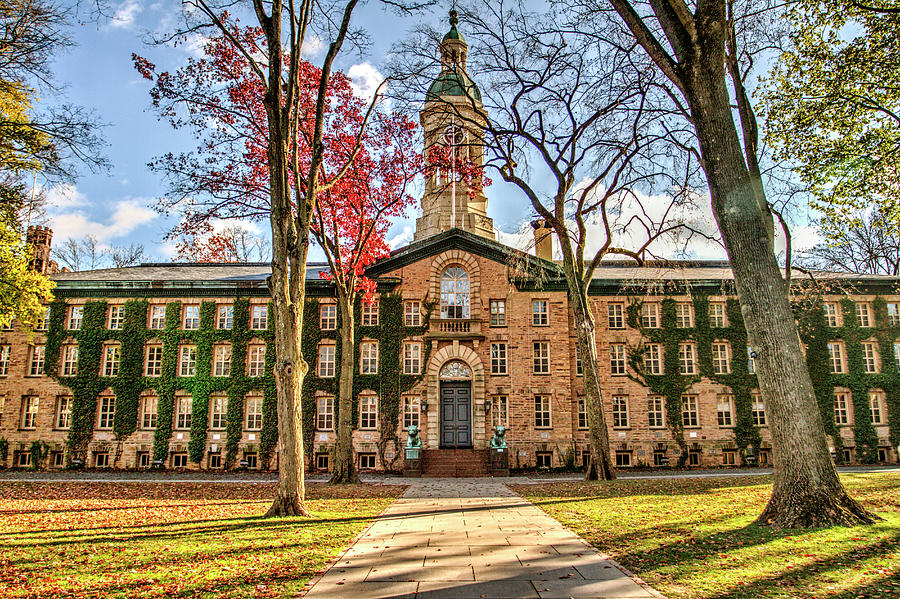
7. Princeton
The second Ivy League is listed as the 7th best university in the world according to THE. Universities like Standford, MIT, and Cambridge have outranked Princeton. This ranking shows that Ivy League isn’t always the best option. It receives around 8,278 students yearly, significantly lower than most Universities, and only 23% are from outside the US. It is interesting to see that the average alumni income is higher at Princeton than at Harvard. The Political Science Department for graduate students is also the 7th best in the world.
Princeton University is located in Princeton (New Jersey). It is the fourth oldest university in the US. It is a research-oriented university, and they consider it a central part of their mission. Their most notable alumni are U.S. President Woodrow Wilson, James Madison, and Jeff Bezos. Their sports team are known to be good.
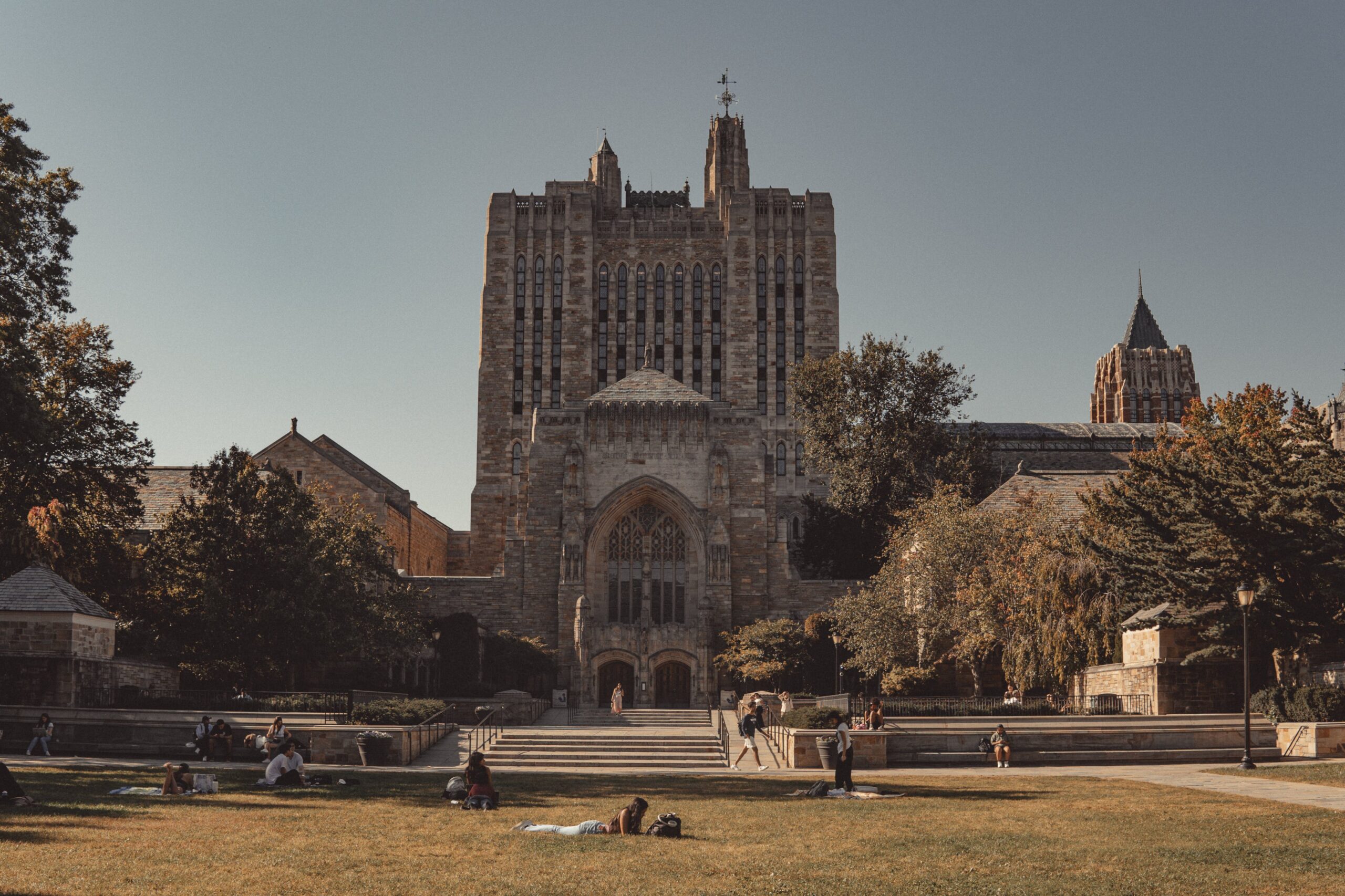
8. Yale
Yale is in the 9th position in the THE rankings and receives 23% of international students. It receives around 13,500 students, and it has more female than male students, with a ratio of 52:48. The most popular undergraduate degree is political science. Many students continue their careers in government and politics. However, their graduate degree in political science is out-ranked by eight universities.
It is located in New Haven (Connecticut) and was founded in 1701. Their most notable alumni are Hillary Clinton, Myrel Streep, and Lupita Nyong’o.
They have a graduate degree in Global Affairs.
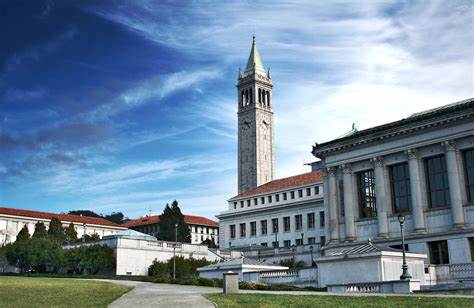
9. Berkeley
Founded in 1868, the University of California, Berkeley (UCB) is a public research university and the flagship institution of the ten research universities affiliated with the University of California system. Berkeley is among the 14 founding members of the Association of American Universities.
Three-quarters of its 40,000 students are undergraduates. Berkeley alumni, faculty, and researchers include 99 Nobel laureates, 23 Turing Award winners, and 14 Pulitzer Prize winners.
Job Perspectives
Read my article on 7 Jobs After a BA in Political Science to learn more about the different job perspectives.
Diplomacy: How to start working in diplomacy differs from country to country. However, there should be a specific department to apply to. Becoming an ambassador is the work of a lifetime.
Politics: Even though it is not required, a degree will help your career. In traditional parties, the top position is widely given to university-educated people.
Government: Since you have learned about the institution during university, you will understand more about how the government works. You can apply in all the departments.
Activism/Non-profit: Don’t only think of smaller community-oriented organizations. Think of Greenpeace, WWF, or even the United Nations. There are different sizes of organizations.
Journalism: Learning to write will come with experience, but understanding political institutions and processes is fundamental for that job. You can bring something substantial to the table with your degree.
Academics: If you love university and research, this is the field for you. You probably already thought of it since you see professors every day.
Analyst Private Firm: Many private firms, such as pharmaceuticals, investment banks, and insurance, want political analysts to keep them updated on new laws and their effects on their firms. More and more, some departments analyze geopolitical risks.
Lobbying: You must represent your firm or association before the government. Defend their vision and interest.
